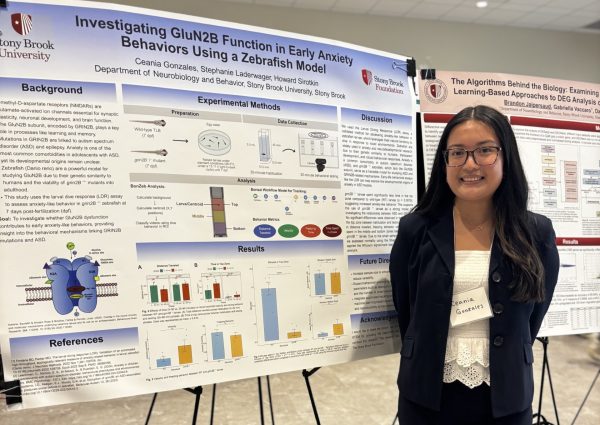World Down Syndrome Day
PatMed raised awareness for Down Syndrome — we wore crazy socks to show our support — see our Instastory for more
Photo by Jenna Potter
PMHS students showing off their crazy socks in support of Down Syndrome Day
Down Syndrome is a genetic disorder caused by the appearance of part or all of a third copy of chromosome 21. This extra genetic material causes a change in development and certain characteristics associated with Down Syndrome. Some of these characteristics include: low muscle tone, shorter height, intellectual disability, and developmental delays.
Although these are common characteristics, each person with Down Syndrome is unique and may have these characteristics to different degrees or even not at all. Down Syndrome is the most common chromosomal disorder with 1 in every 700 babies being diagnosed with Down Syndrome each year.
There is no specific treatment for Down Syndrome although they do receive care for any health problem. Treatment for this condition consists on therapy and self care. “Early intervention programs with a team of therapists and special educators who can treat each child’s specific situation are helpful in managing Down Syndrome.”
World Down Syndrome Day is March 21st and is celebrated to raise awareness for this condition. The global awareness day has been observed officially by the United Nations since 2012. Down Syndrome International (DSI) encourages everyone around the world to participate in activities and events on World Down Syndrome Day to help raise awareness of what Down Syndrome is, what it means to have it, and how individuals with Down Syndrome play a vital role in our lives and communities.
If you want to take part in raising awareness on World Down Syndrome Day wear your craziest socks and be featured on the Red & Black Instagram page!
- Life expectancy for people with Down syndrome has increased dramatically in recent decades – from 25 in 1983 to 60 today
- People with Down Syndrome attend school, work, participate in decisions that affect them, have meaningful relationships, vote and contribute to society in many wonderful ways
- There are three types of Down Syndrome: trisomy 21 (nondisjunction) accounts for 95% of cases, translocation accounts for about 4%, and mosaicism accounts for about 1%
- The incidence of births of children with Down Syndrome increases with the age of the mother. But due to higher fertility rates in younger women, 80% of children with Down Syndrome are born to women under 35 years of age
- All people with Down Syndrome experience cognitive delays, but the effect is usually mild to moderate and is not indicative of the many strengths and talents that each individual possesses







